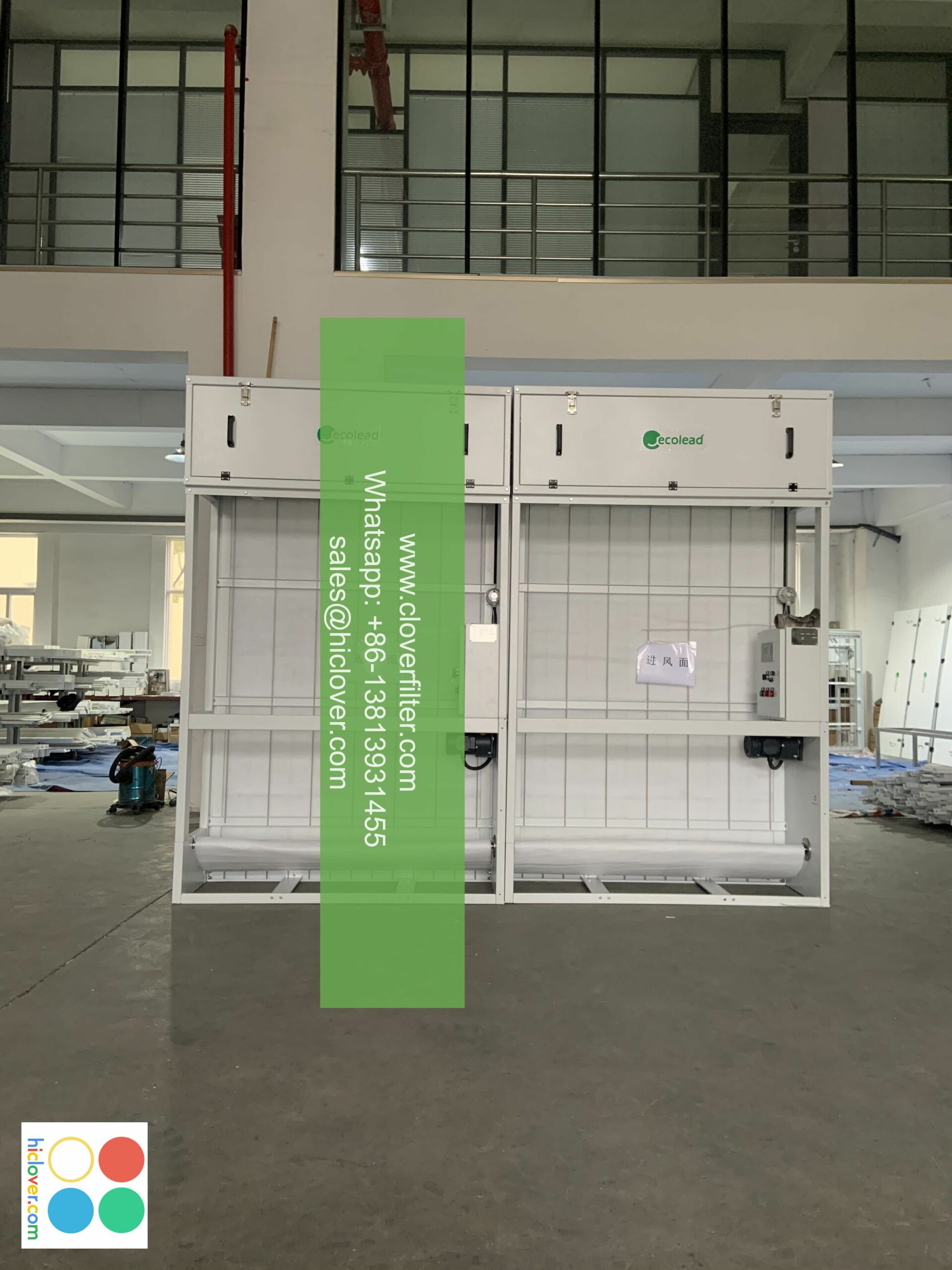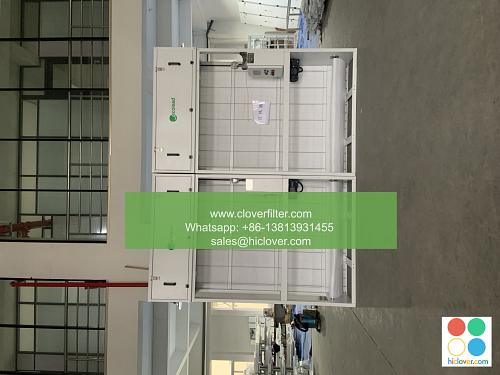Air Filtration Technologies for Industrial Manufacturing

The industrial manufacturing sector plays a critical role in the global economy, producing a wide range of goods from food and beverages to electronics and pharmaceuticals. However, industrial processes often generate airborne contaminants, such as dust, fumes, and particles, that can pose significant risks to worker health, product quality, and equipment longevity. Effective air filtration technologies are essential to mitigate these risks and ensure a safe, efficient, and productive manufacturing environment.
Types of Air Filtration Technologies
Several types of air filtration technologies are available for industrial manufacturing applications, including:
* HEPA (High Efficiency Particulate Air) filters, which can capture particles as small as 0.3 microns, making them ideal for pharmaceutical, food processing, and electronics manufacturing.
* Activated carbon filters, which can remove gases, odors, and volatile organic compounds (VOCs) from the air, making them suitable for industries such as chemical processing and paint manufacturing.
* Electrostatic precipitators (ESPs), which use electrostatic charges to attract and capture particles, making them effective for applications such as cement production and power generation.
* Ultraviolet (UV) light air purification systems, which can inactivate microorganisms and remove airborne pathogens, making them suitable for industries such as healthcare and biotechnology.
Application Areas for Air Filtration Technologies
Air filtration technologies have a wide range of applications in industrial manufacturing, including:
* Pharmaceutical manufacturing, where cleanroom air filtration is critical to prevent contamination and ensure product quality.
* Food processing, where air purification systems can help prevent food spoilage and contamination.
* Electronics manufacturing, where cleanroom air filtration is essential to prevent damage to sensitive electronic components.
* Aerospace manufacturing, where air filtration systems can help prevent corrosion and damage to aircraft components.
* Chemical processing, where gas phase filtration can help remove hazardous gases and VOCs from the air.
Benefits of Air Filtration Technologies
The implementation of air filtration technologies in industrial manufacturing can have numerous benefits, including:
* Improved worker health and safety, by reducing exposure to airborne contaminants and hazardous substances.
* Increased productivity, by preventing equipment damage and reducing downtime.
* Enhanced product quality, by preventing contamination and ensuring a clean manufacturing environment.
* Reduced energy consumption, by improving airflow and reducing the need for heating and cooling.
* Compliance with regulations, by meeting standards for air quality and emissions.
Future Developments in Air Filtration Technologies
As the industrial manufacturing sector continues to evolve, air filtration technologies are also advancing to meet new challenges and requirements. Some of the future developments in air filtration technologies include:
* Nanofiltration, which can capture particles as small as 1 nanometer, making it suitable for applications such as nanotechnology and biotechnology.
* Biotechnology-based air filtration, which can use microorganisms to break down airborne contaminants and pollutants.
* Internet of Things (IoT)-enabled air filtration systems, which can monitor and control air quality in real-time, making it possible to optimize air filtration performance and reduce energy consumption.
In conclusion, air filtration technologies play a critical role in industrial manufacturing, enhancing productivity, safety, and product quality. As the sector continues to evolve, the development of new and innovative air filtration technologies will be essential to meet emerging challenges and requirements. By understanding the different types of air filtration technologies, their application areas, and benefits, industrial manufacturers can make informed decisions to improve their operations and stay competitive in a rapidly changing market. It seems like you’re ready to start a conversation or ask a question, but you haven’t provided a specific topic or prompt yet. Could you please provide more details or clarify what you’re looking for? This will help me give you a more accurate and helpful response.

